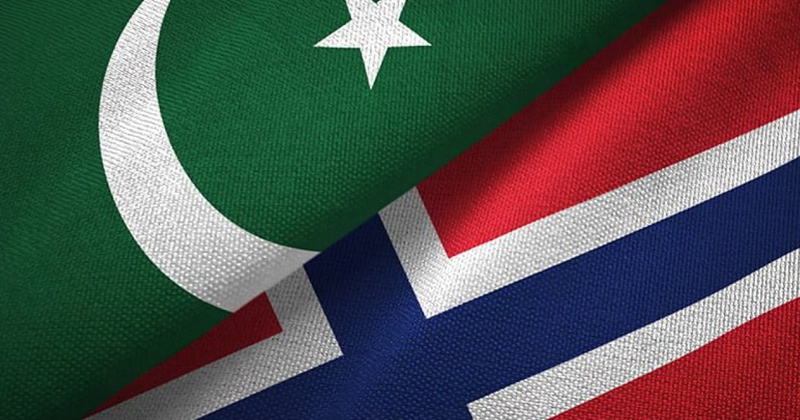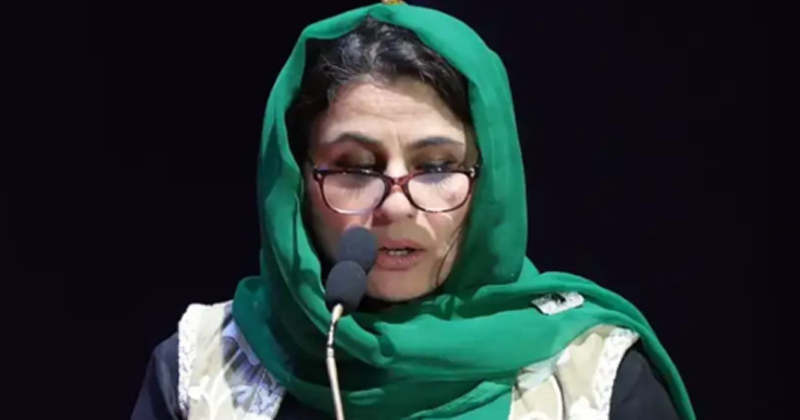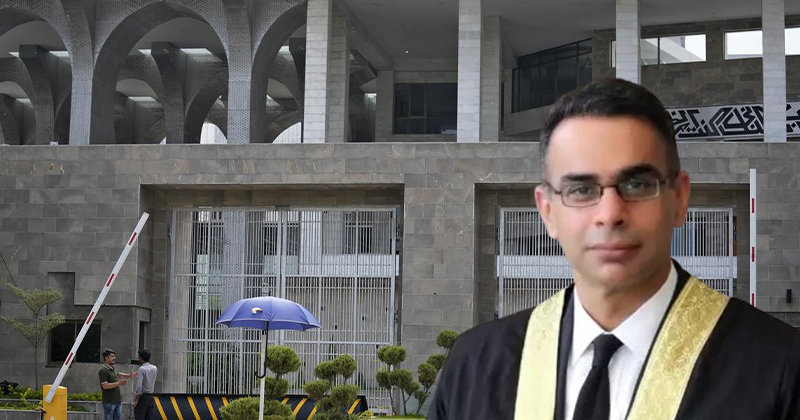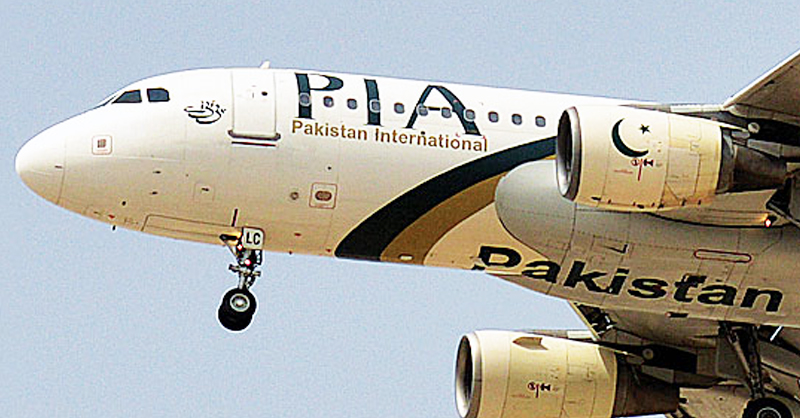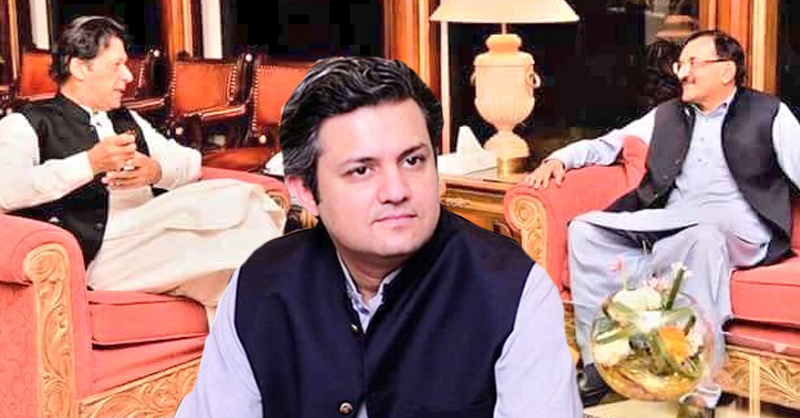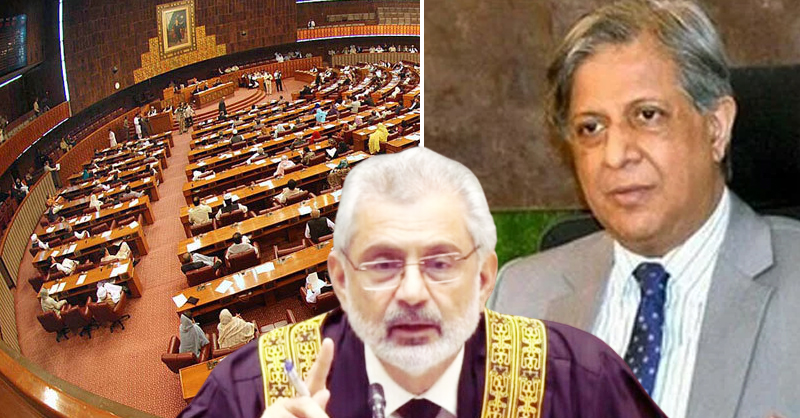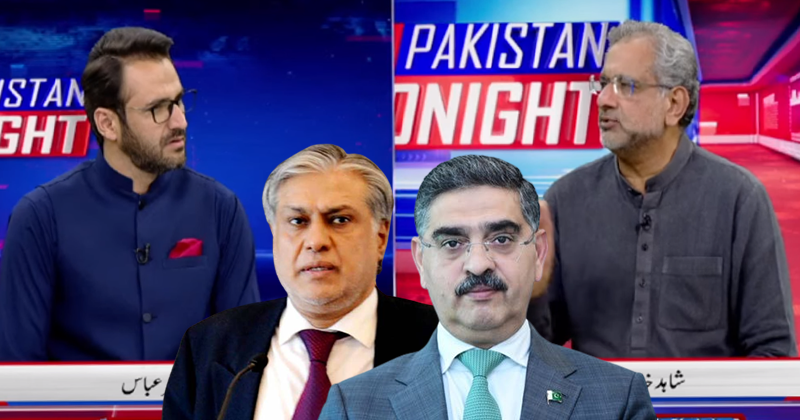We are returning to a world of great-power rivalry
The US unipolar era lasted less than 25 years, undone by war and financial crisis
by: John Sawers

The first foreign policy priority of the next American president will be to work out how to avoid direct conflict with China or Russia. Both countries, in different ways, now challenge US dominance. War between the great powers is once again a possibility. For better or worse, we are returning to a world of great power balance.
Chinas economy is now, in purchasing power terms, comparable to Americas. Its military has invested in the means to counter US power and is exercising it in the East and South China Seas. President Xi Jinping has cast aside Deng Xiaopings hide and bide strategy and demands weight and influence commensurate with Chinas power. In doing so, he is rubbing up against the US and its east Asian allies.
Since 2000, Russia has put the proceeds of a high oil price into military modernisation. Economically, it is not a great power. But it has a full spectrum of military capability to ensure its own security and rebuild a sphere of influence beyond its borders. Russia has gained from being assertive, in Ukraine and Syria and in the cyber domain, whetting President Vladimir Putins appetite for challenging America. The post-truth world in the west exemplified by Donald Trumps casual way with the facts in the US presidential campaign is also a gift to Russias formidable propaganda machine.
The US unipolar era lasted less than 25 years, its end hastened by overambitious wars and the financial crisis of 2007-08. America remains by far the most powerful country, with unrivalled technology and corporate power but it no longer has global hegemony. The wests economic dominance has declined sharply the Group of Seven leading nations used to contribute 70 per cent of global gross domestic product; it is now down to 47 per cent and falling.
Nor does the western democratic model have the same appeal. Power concentrated in charismatic individuals rather than in institutions, as we see in Turkey, Russia and India, is proving more compelling for many.
Russia would like to return to a world of spheres of influence, with three great powers forming a global security directorate, while China wants a two-power world. Beijing is prepared to have Moscow as a junior partner but not as an equal. The Chinese leadership does not want confrontation with the US but finds it hard to see a way to a co-operative great power relationship.
America, meanwhile, wants to preserve its dominance and not to have to adjust to the new power distribution. It has tried resets with Russia, and has worked hard at an economic relationship with China. But the result has been a see-saw between warmer engagement followed by frostiness and sanctions. There is no hard-nosed strategic framework that governs Washingtons relations with either Moscow or Beijing.
An approach is needed that puts global stability first. Strong defence is essential. Washingtons defence investments were diverted for too long by the demands of the war on terror; they have only recently focused on the need to match Russia and China. That does not mean a return to cold war-style hostility. The 19th-century Concert of Europe, in which six powers preserved an equilibrium that lasted nearly 100 years, might be a better parallel.
What that requires is acceptance of each others systems of government, however much we may dislike them, and clear limits to hostile action to which all adhere. Cyber is a crucial theatre, where rules have to be agreed so that we do not threaten to bring down each others power grids or banking systems.
Co-operative solutions to regional problems would be more achievable if the great powers were not directly undermining one another. For example, North Korea will soon be able to threaten the mainland US with nuclear weapons. An enduring solution requires a change of regime in Pyongyang and the removal of its nuclear arsenal. The US can either use force to achieve that unilaterally and risk conflict with China, or it could seek to remove the threat in ways that Beijing can accept.
One great asset the US enjoys is a network of alliances. This needs more careful nurturing. The US and Europe spend too much time on an economic rivalry that damages both. A US partnership with India is also achievable as the latters interests are more closely aligned with the wests than Russias or Chinas.
Putting great power relations first will be unwelcome to many. Some will see it as an accommodation with unacceptable behaviour by undemocratic regimes but we have to treat the world as it is, not as we would like it to be. We cannot afford to stumble into a military conflict between the great powers.
The writer is chairman of Macro Advisory Partners and a former chief of MI6, the British Secret Intelligence Service
https://www.ft.com/content/2291f260-954e-11e6-a1dc-bdf38d484582
The US unipolar era lasted less than 25 years, undone by war and financial crisis
by: John Sawers

The first foreign policy priority of the next American president will be to work out how to avoid direct conflict with China or Russia. Both countries, in different ways, now challenge US dominance. War between the great powers is once again a possibility. For better or worse, we are returning to a world of great power balance.
Chinas economy is now, in purchasing power terms, comparable to Americas. Its military has invested in the means to counter US power and is exercising it in the East and South China Seas. President Xi Jinping has cast aside Deng Xiaopings hide and bide strategy and demands weight and influence commensurate with Chinas power. In doing so, he is rubbing up against the US and its east Asian allies.
Since 2000, Russia has put the proceeds of a high oil price into military modernisation. Economically, it is not a great power. But it has a full spectrum of military capability to ensure its own security and rebuild a sphere of influence beyond its borders. Russia has gained from being assertive, in Ukraine and Syria and in the cyber domain, whetting President Vladimir Putins appetite for challenging America. The post-truth world in the west exemplified by Donald Trumps casual way with the facts in the US presidential campaign is also a gift to Russias formidable propaganda machine.
The US unipolar era lasted less than 25 years, its end hastened by overambitious wars and the financial crisis of 2007-08. America remains by far the most powerful country, with unrivalled technology and corporate power but it no longer has global hegemony. The wests economic dominance has declined sharply the Group of Seven leading nations used to contribute 70 per cent of global gross domestic product; it is now down to 47 per cent and falling.
Nor does the western democratic model have the same appeal. Power concentrated in charismatic individuals rather than in institutions, as we see in Turkey, Russia and India, is proving more compelling for many.
Russia would like to return to a world of spheres of influence, with three great powers forming a global security directorate, while China wants a two-power world. Beijing is prepared to have Moscow as a junior partner but not as an equal. The Chinese leadership does not want confrontation with the US but finds it hard to see a way to a co-operative great power relationship.
America, meanwhile, wants to preserve its dominance and not to have to adjust to the new power distribution. It has tried resets with Russia, and has worked hard at an economic relationship with China. But the result has been a see-saw between warmer engagement followed by frostiness and sanctions. There is no hard-nosed strategic framework that governs Washingtons relations with either Moscow or Beijing.
An approach is needed that puts global stability first. Strong defence is essential. Washingtons defence investments were diverted for too long by the demands of the war on terror; they have only recently focused on the need to match Russia and China. That does not mean a return to cold war-style hostility. The 19th-century Concert of Europe, in which six powers preserved an equilibrium that lasted nearly 100 years, might be a better parallel.
What that requires is acceptance of each others systems of government, however much we may dislike them, and clear limits to hostile action to which all adhere. Cyber is a crucial theatre, where rules have to be agreed so that we do not threaten to bring down each others power grids or banking systems.
Co-operative solutions to regional problems would be more achievable if the great powers were not directly undermining one another. For example, North Korea will soon be able to threaten the mainland US with nuclear weapons. An enduring solution requires a change of regime in Pyongyang and the removal of its nuclear arsenal. The US can either use force to achieve that unilaterally and risk conflict with China, or it could seek to remove the threat in ways that Beijing can accept.
One great asset the US enjoys is a network of alliances. This needs more careful nurturing. The US and Europe spend too much time on an economic rivalry that damages both. A US partnership with India is also achievable as the latters interests are more closely aligned with the wests than Russias or Chinas.
Putting great power relations first will be unwelcome to many. Some will see it as an accommodation with unacceptable behaviour by undemocratic regimes but we have to treat the world as it is, not as we would like it to be. We cannot afford to stumble into a military conflict between the great powers.
The writer is chairman of Macro Advisory Partners and a former chief of MI6, the British Secret Intelligence Service
https://www.ft.com/content/2291f260-954e-11e6-a1dc-bdf38d484582
















